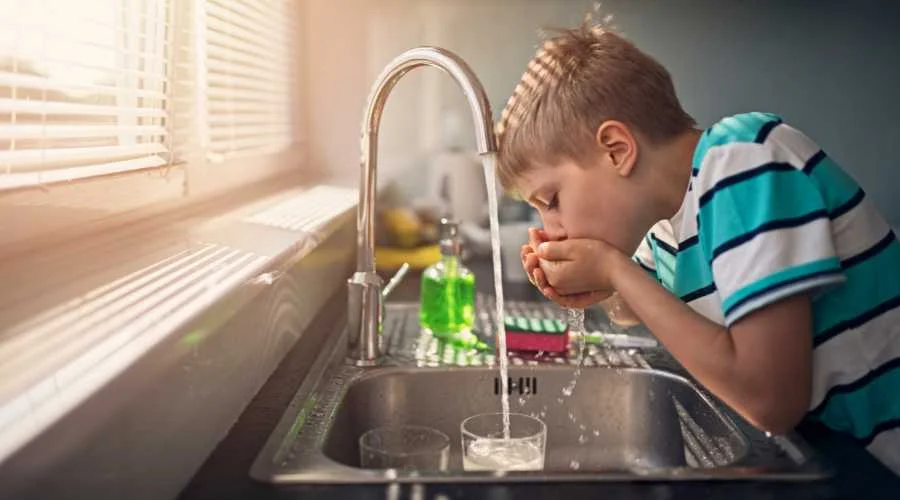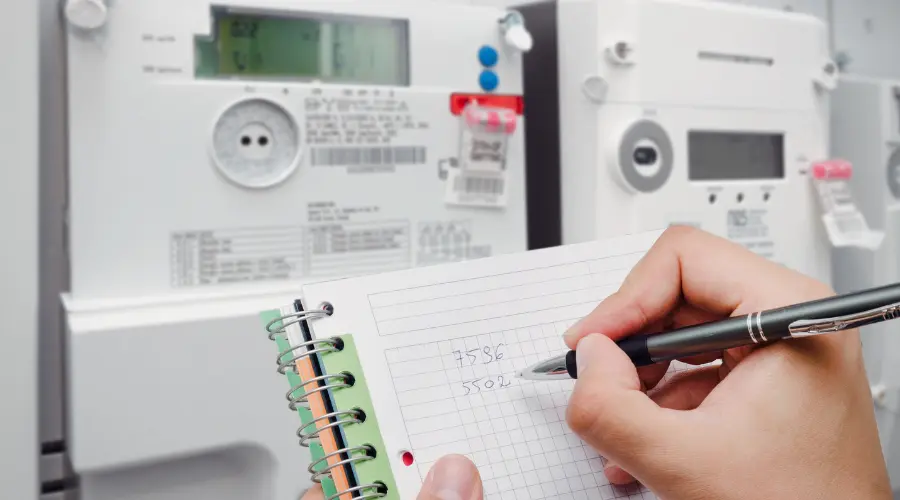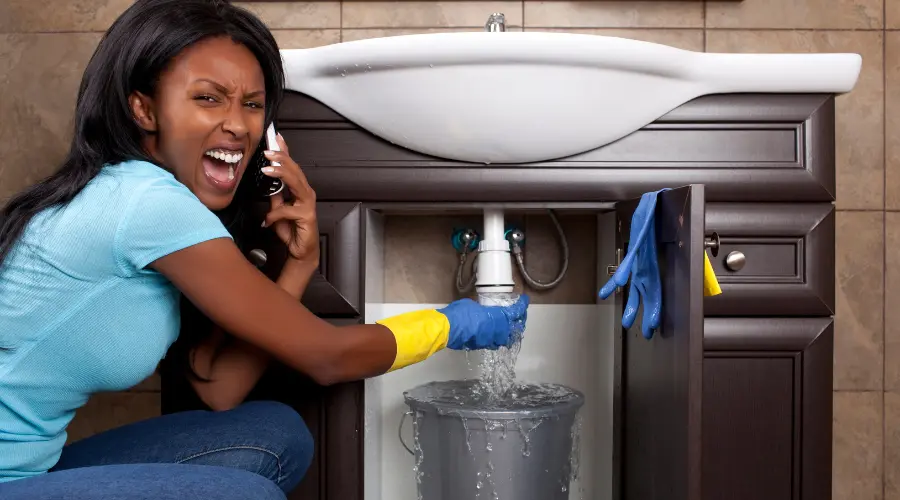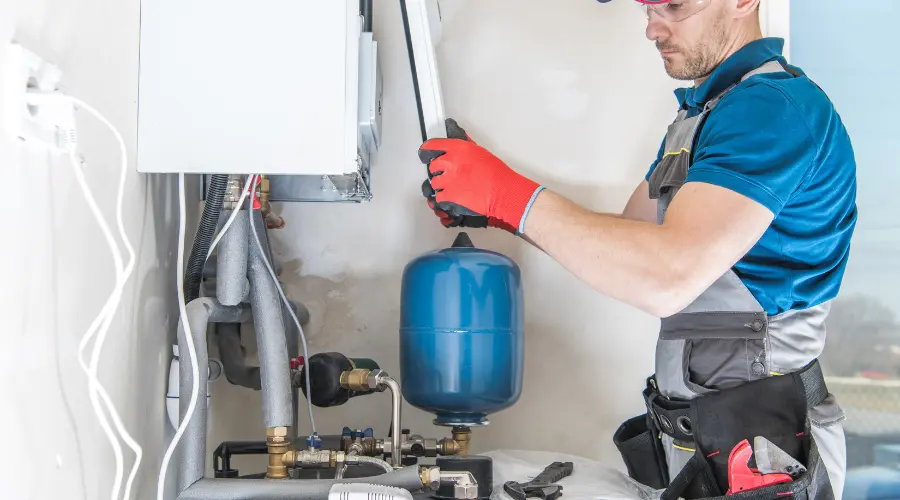Although New Jersey’s municipal tap water is normally fairly safe to drink, you should still use your best judgment. For a variety of reasons, even the most carefully filtered and cleaned tap water could smell off to you or seem dirty. Even after it has been cleaned, your water may become contaminated due to faulty pipes in your home.
Why does my faucet’s water come out white? What causes the metallic taste in my water? It is simple to worry excessively about your drinking water, and before you realize it, you are too afraid to open the faucet. Accurate water analysis is the simplest way to prevent that unpleasant experience. We’ll help you out at the beginning. You may perform these four quick tests to see if the water in your taps is tainted.
It seems like your water is hazy.
It should always be apparent when tap water has been properly treated. A “milky” taste or hazy appearance in the water should be avoided. Instead, give it a little more time and see if the cloudiness clears out. If it clears eventually, the cloudiness you noticed was most likely brought on by a harmless buildup of trapped air. Water that is under pressure contains air bubbles. As the pressure is removed as the water flows from your faucet, the air is released into the liquid.
If your water is cloudy, your tap water may be too “hard.” Hard water is a result of the presence of heavy minerals like calcium and magnesium. Your water becomes hazy despite the fact that these minerals aren’t extremely dangerous. Your water softener is most likely malfunctioning if it creates cloudy water. The presence of rust, sand, or other debris in your water’s pipelines may also be indicated by cloudy water. If you have any reason to believe such might be the case, especially if your plumbing is older, you should have a professional evaluate your pipes.
Your water has a metallic flavor.
This is one of the most prevalent problems with residential water supplies. In extreme cases, your water may even seem discolored or rusted. Your water probably contains metal, which is why it probably tastes metallic. Specifically, it’s possible that deposits of iron, zinc, or manganese leached into your water. The fact that metallic deposits often seep into your water after it has been cleaned means that nothing can stop them from reaching you.
If only your hot water has a metallic odor, your water heater is the problem. Your water heater should be flushed to remove any sediment that may be the cause of the stench. If your water consistently tastes metallic, your water supply pipes may be leaking rust or corrosion. As it flows through rusty pipes, water can shear off tiny flakes. To clean and inspect your supply pipes, engage a professional as soon as feasible. We’ll be able to determine the problem and its resolution.
Your water smells unpleasant.
Treated tap water shouldn’t ever have a stench. If it does, there is usually something improper in your water. Numerous water contaminants produced different weird smells. Due to the same minerals that give your water a metallic flavor, it may also smell metallic. Algae blooms in the nearby water source may result in a lingering musty or moldy smell. Your water heater may contain bacteria that cause an offensive rotten egg odor. Oversalted water immediately tastes salty after it has been softened.
Once you know what the scent of your water is, you can choose the best remedy for the problem. For instance, if the water smells metallic or sulfuric, you should flush your water heater. If the water smells salty, try decreasing the water softener’s setting. Getting rid of a musty smell on your own could be more difficult. If the water quality in your community is an issue, ask your neighbors about it. You may also look online for any comments your water supplier has said anything about algae. You could also thoroughly clean your taps. Naturally, if in doubt, contact your local smell-good plumber to determine the cause of the problem.
Scum or stains are left behind by your water
Tap water should never leave any residue or discoloration behind. If your tap water leaves a chalky residue or stains your sinks or bathtubs, something is wrong.
Brown or orange-colored water stains
These stains are proof that your water contains iron or copper residue that has dissolved. Your water supply pipes can have corroded, rusted, or become clogged.
The residue of Chalky Water
The potential grit in your tap water is composed of calcium and magnesium. It suggests that your water is excessively hard.
If your tap water is producing stains or muck, first check your water softener. If your softener is working properly, your supply pipes are most likely the problem. Supply pipes naturally rust or corrode over time, particularly if your water is harsh. Consider replacing your pipes to get rid of the problem for good.
Regarding All Your Los Angeles Water Concerns
The potential problems with your tap water are not all included in this list. If your problem is not included here, it does not imply that you do not have a problem. Although you shouldn’t be concerned, you also shouldn’t ignore your doubts.
If you have any questions about water, contact West New York Plumbing and Heating for rapid, reliable answers. The problem with your water can be identified by our experts, who can also suggest the least invasive fix. Never worry about whether the water is safe to drink. Call us and we’ll put your mind at ease.




